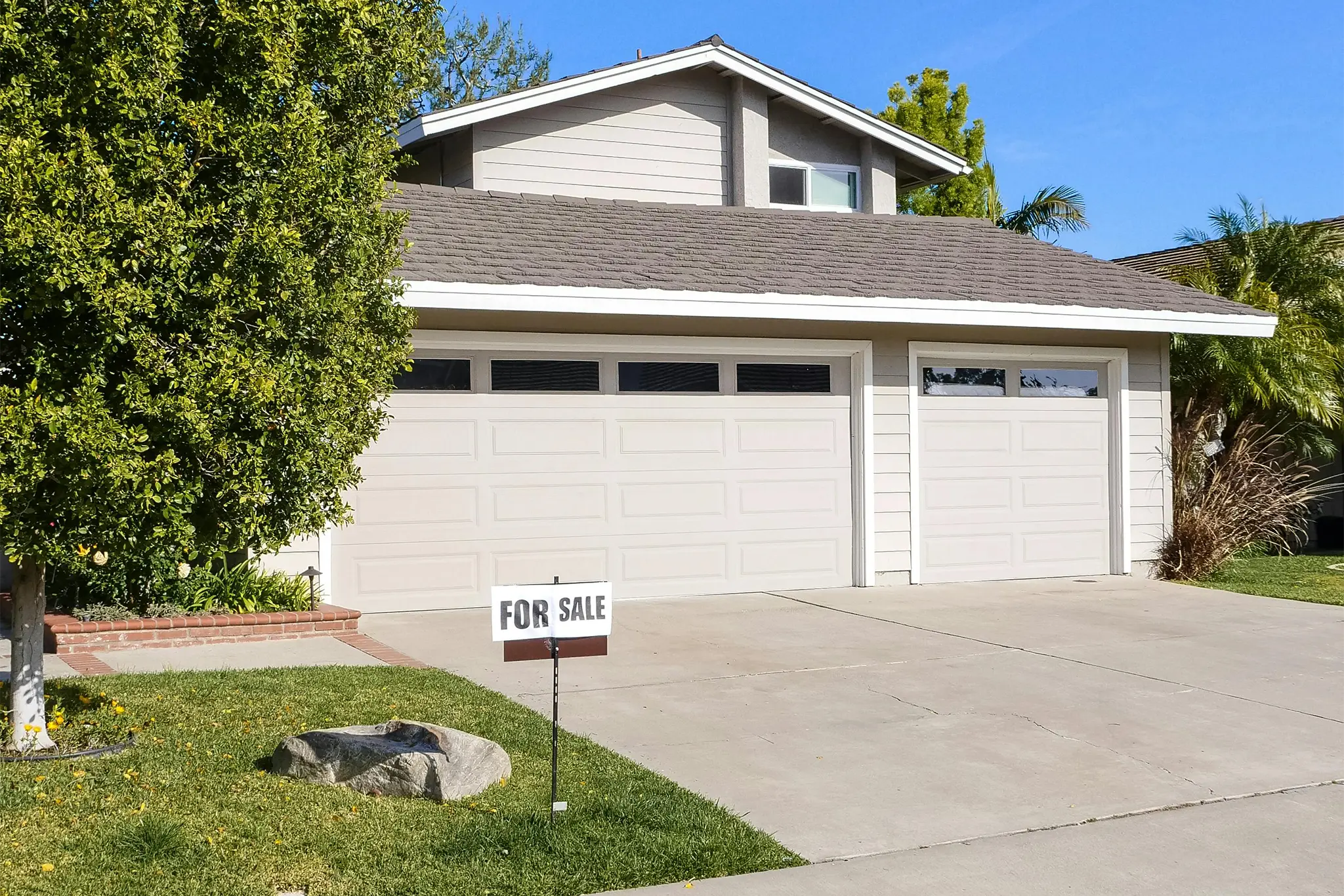
Selling a Rental Property with Tenants
If you’re a landlord and you’re looking to sell rental property while tenants are still living there, there are some important things to keep in mind. Pennsylvania has rights and responsibilities for both landlords and tenants. Before listing your property for sale, it’s important for you to familiarize yourself with your obligations. Avoid legal headaches and ensure a smooth transfer of property by contacting the experienced real estate attorneys at Cornerstone Law Firm.
Can you sell a property with tenants still living there?
In short, yes. You can legally sell your rental property with tenants still living there. You must still uphold your end of the lease agreement and you must respect your tenant’s rights throughout the sale process.
What are your duties as a landlord looking to sell a rental property?
Any transfer of real estate can be complicated but selling a property with a lease agreement on top of it only adds to the process. While it’s legal to sell a property while a tenant is renting it, you do have certain duties to uphold, even through the sale process.
You must give proper notification.
Pennsylvania requires landlords to give tenants at least 30 days’ notice when they plan to sell a property.
You must follow the terms of the lease.
Generally speaking, if you want to change terms of the existing lease to increase rent, shorten the lease, or change other terms of occupancy, you can only do so by giving written notice to your tenant at least 30 days before changing it. Tenants have the right to terminate the lease early if they do not agree to the changes. However, the specific terms of your lease will govern, so make sure to comply with any additional requirements your lease may impose. Some leases do not allow for any modification unless agreed to in writing by both parties.
You must inform tenants about any major repairs or renovations.
While its normal to make repairs or renovations before selling a property, if your tenant still lives there, it’s still their home. They have the right to know about major changes that are coming, and when others will be visiting the property to make those changes.
You must keep the property safe and habitable during the sale.
While you are focused on the sale of the property, it can be easy to let repairs and maintenance slip through the cracks. You are, however, still legally responsible for keeping the property safe for your tenant until the property has transferred ownership.
You must protect your tenant’s right to privacy during the sale.
Certain information about your tenant cannot be disclosed as a means of enticing buyers to purchase the property. You also must give your tenant at least 24 hours’ notice before a showing so they have time to prepare the property and make plans for that time.
You must either transfer or return your tenant’s security deposit.
If you are selling the property to another landlord, you must transfer the security deposit when you transfer property ownership. If your tenant is not staying with the property after the sale and has not broken the terms of the lease, you must return their security deposit.
Selling a property with a tenant still living in it can be complicated. It’s important for you to be aware of your obligations as a landlord during the sale process. If you need help with selling a rental property, call the real estate attorneys at Cornerstone Law Firm.


Is it better to sell with or without sitting tenants?
The answer to this question will often come down to the type of property you’re selling, the area in which you are selling it, and the people looking to buy it. If, for example, your property is in an area with a high number of other rentals, you may be able to sell to a real estate investor with ease. Other landlords will often see sitting tenants as a win, especially if the tenant is in good standing. If, however, your property is in an area without a lot of rentals, you may have a harder time selling to someone who wants to move in right away.
What are your options for selling an occupied rental property?
When you’re selling a rental property with tenants, you have a few options to consider:
- See if the tenant wants to buy the property—Not every tenant is looking to own property, but some are. It seems only natural to offer a sale to someone already living on the property.
- Wait out the lease—If the lease is already nearing its end, it might be worth it to simply wait it out. You can inform your tenant that you will not be renewing the lease and they will find a new place to live. If the lease is month-to-month, you can provide your tenant the required notice and end the tenancy that way.
- Negotiate early lease termination—While ending a month-to-month lease is fairly simple, ending a fixed-term lease can be a bit more complex. You may be able to negotiate an early lease termination with your tenant. Most landlords find that compensating their tenant for the early termination makes the negotiation smoother.
- Start eviction proceedings—In cases where you have a delinquent tenant, you may be able to evict them from the property before selling it. The tenant must be breaking the terms of the lease. You cannot evict them simply because they won’t leave and you want to sell.
